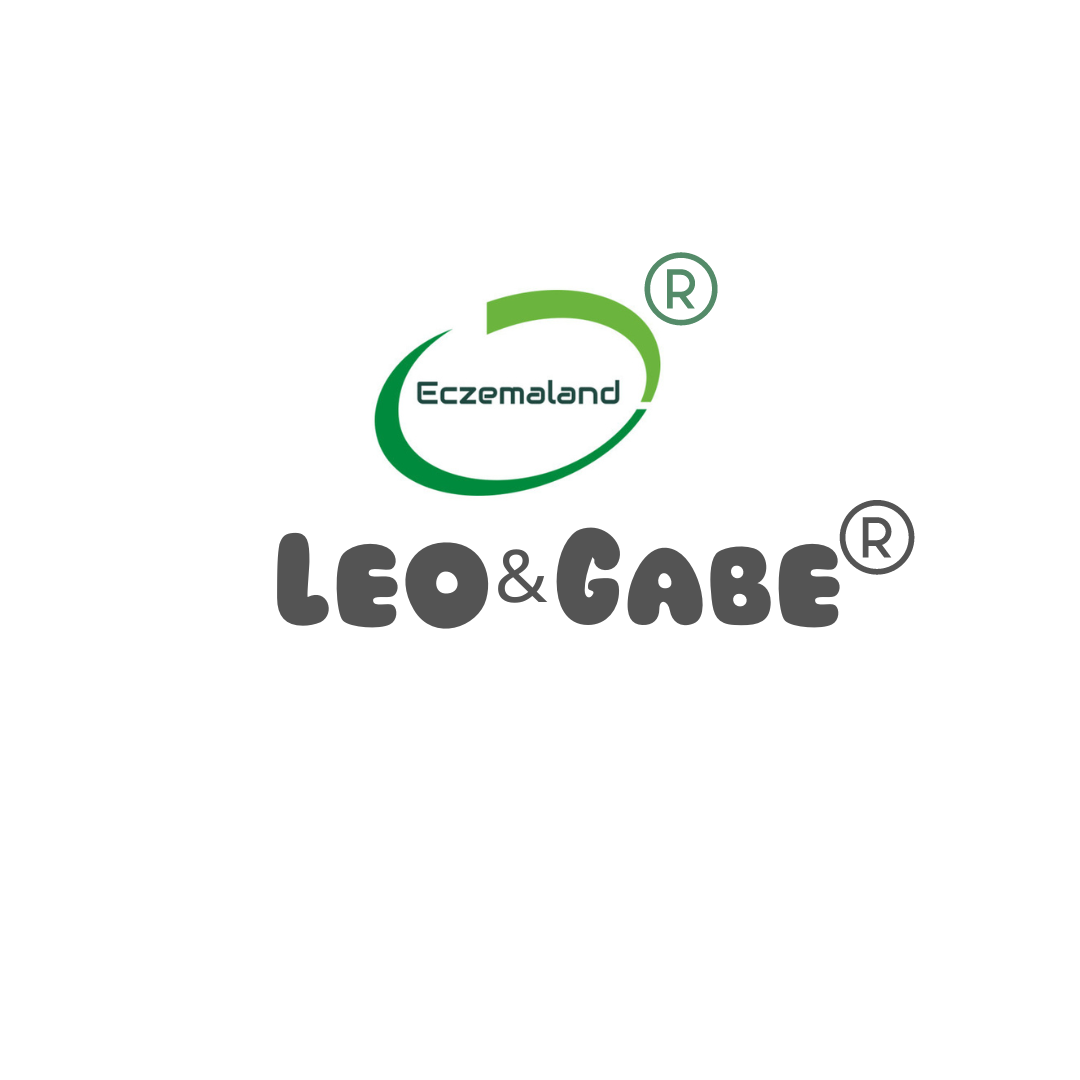If you have sensitive skin or suffer from illnesses such as eczema or psoriasis, you know how difficult it can be to find clothing that is both comfortable and stylish. If you're not sure where to begin, try these simple tips for achieving a fashionable look without aggravating skin concerns. When you have Psoriasis or Eczema, the last thing you want is for your clothes or the fibres you touch to aggravate your symptoms. Even if you're on medication, a flare can be triggered by a variety of factors such as food, particular textures, sweat, and environmental conditions such as heat, cold, or dry air. Perhaps, wearing premium quality clothes is important in order to deal with such complications.
What are the most eczema-friendly clothing materials?
Wool and synthetic materials, such as polyester and nylon, induce overheating, perspiration, and irritation, which triggers the dreadful itch in many people with eczema, psoriasis, or dry and sensitive skin. Sensitive skin can also be irritated by rough seams, fibres, fastenings, and threads. The clothes you wear can make a big impact on how comfortable you are.
Fibres from Nature
Avoiding synthetic fibres like nylon and polyester is one of the most basic guidelines for sensitive-skin-friendly clothes. Even for people who don't have sensitive skin, these don't "breathe" as well as natural fibres, which can cause irritation and discomfort. Choose materials composed of cotton or silk instead. These fibres offer a silky feel and drain moisture away from the skin naturally. Cotton is widely used in both woven and knitted fabrics, so whether you're looking for fabrics to sew at home or ready-to-wear things at your local department store, you'll have lots of alternatives.
Factors to Remember
It's important to remember that just because fibre is natural doesn't imply it'll be suitable for sensitive skin. Depending on the type of wool and how it has been handled, it may be overly coarse and unpleasant. Cashmere is a fine, lightweight wool that is typically an excellent choice, although wool felt, a popular hat material, may not be as pleasant. Linen, which comes in both fine and coarse grades, has similar challenges. It's also possible to be allergic to some natural materials, so if you feel this is the cause of your discomfort, consult a doctor to find out which fibres you should avoid. Cotton (ideally 100 percent) has been the most frequently suggested textile for eczema sufferers. Cotton is soft, cool, absorbent, machine-washable, and allows the skin to 'breathe. ' 'Cotton rich' blends can contain a large amount of polyester, so examine labels carefully before purchasing to see what percentage of cotton is included.
Bamboo Cloth of Superior Quality
Bamboo, another soft, breathable fibre, is more absorbent than cotton, has antibacterial characteristics, and is particularly effective at controlling temperature (keeping you cool in summer and warm in winter). Bamboo can be misleading because it's commonly referred to as 'bamboo viscose' or 'viscose made from bamboo' in apparel. It's usually paired with cotton and a small amount of elastane/spandex/Lycra. Although bamboo viscose production is chemically intensive and not very environmentally friendly, the material offers qualities that make it appealing to those with eczema. Because of its ability to absorb moisture and its silky texture, bamboo fabric is said to be well tolerated by children with eczema. Bamboo cloth is made of viscose (also known as rayon), which is antimicrobial. Bamboo is made into a solution and then pressed into fibres using the viscose method. The textile is knitted with these fibres. Bamboo is also hypoallergenic, making it a good choice for children with delicate skin.
Ideal Type of Fibre for Dry or Sensitive Skin
Local/TENCEL is an equally eczema-friendly and environmentally responsible choice. This is a cellulose fibre made from bamboo or wood pulp using a closed-loop manufacturing technology that utilizes fewer harmful chemicals and recycles nearly all of the solvent. Silk is a good body temperature regulator that is both soft and breathable. You can get close-fitting silk garments specifically developed for persons with eczema in addition to regular silk outfits. Under normal clothing, these items are usually worn. Silk clothing (as opposed to therapeutic garments) is less practical than cotton or bamboo since it is more difficult to wash and creams are more prone to stain it.

